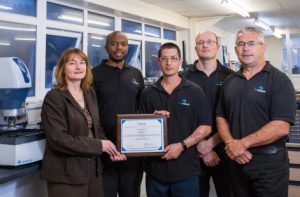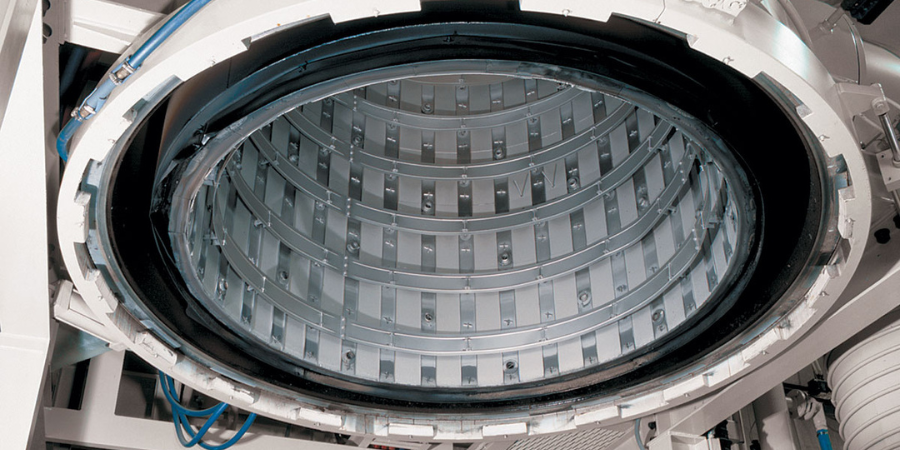Heat Treating Projects Part of Pratt & Whitney Expansion
Aircraft engine maker Pratt & Whitney Canada is expanding its production at facilities in Québec with two recently announced furnace projects, with equipment supplied by local machining manufacturer Pyradia Belfab. The first is a low-temperature conveyor drying oven for steel parts complying with AMS2750 standards, and the second is a bottom-loading type furnace to be used for the stress relief of combustion chambers of P&W Canada aero engines. The latter unit will be a high temperature (2000 F) retort furnace using argon/nitrogen and hydrogen equipped with state of the art batching monitoring/logging capabilities.
The projects figure into an expansion effort by Pratt & Whitney, which includes a recently commissioned new fan blade manufacturing facility at its AutoAir plant in Lansing, Michigan. The new 93,000 square-foot facility adds to an already existing GTF fan blade production line in Lansing and is one of thirty dedicated manufacturing, production or assembly locations across the globe performing work on various parts and components of the GTF engine program.
“We are pleased to be a part of this successful engine program,” said Conor Tracy, general manager, Pratt & Whitney AutoAir. “The expansion of the Lansing plant is an opportunity for our employees to contribute to the future of the company, but it is also an exciting opportunity for Lansing to continue to participate in the advanced manufacturing sector and the economic growth of the region.”
In addition to the manufacturing expansion, Pratt & Whitney has four maintenance and repair operations (MRO) facilities to repair and overhaul GTF engines, and additional facilities will be added moving forward.
Heat Treating Projects Part of Pratt & Whitney Expansion Read More »












